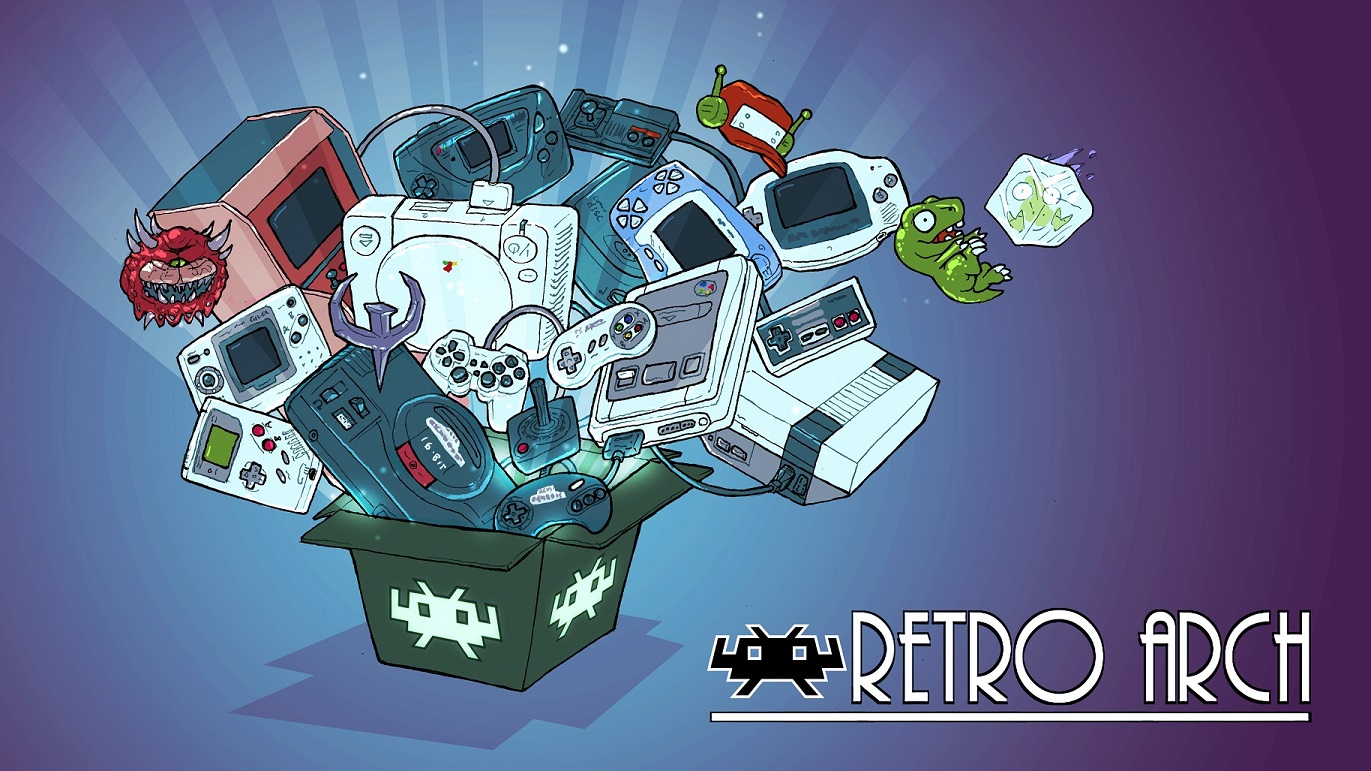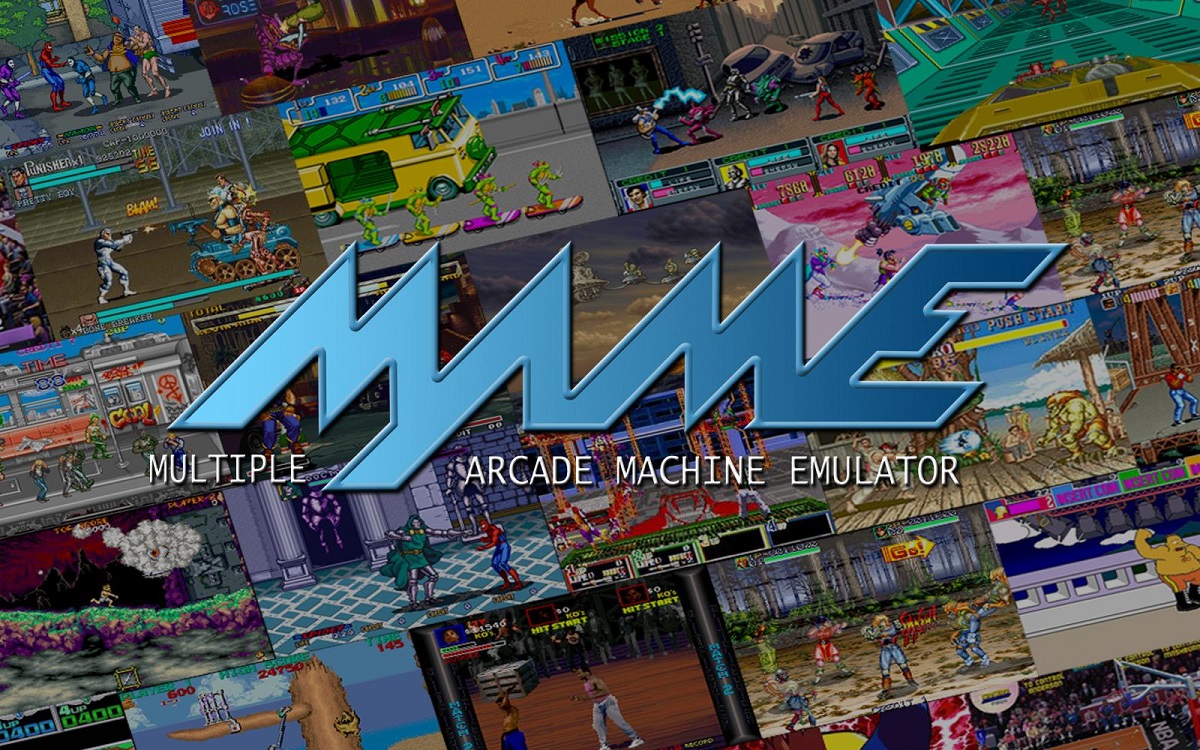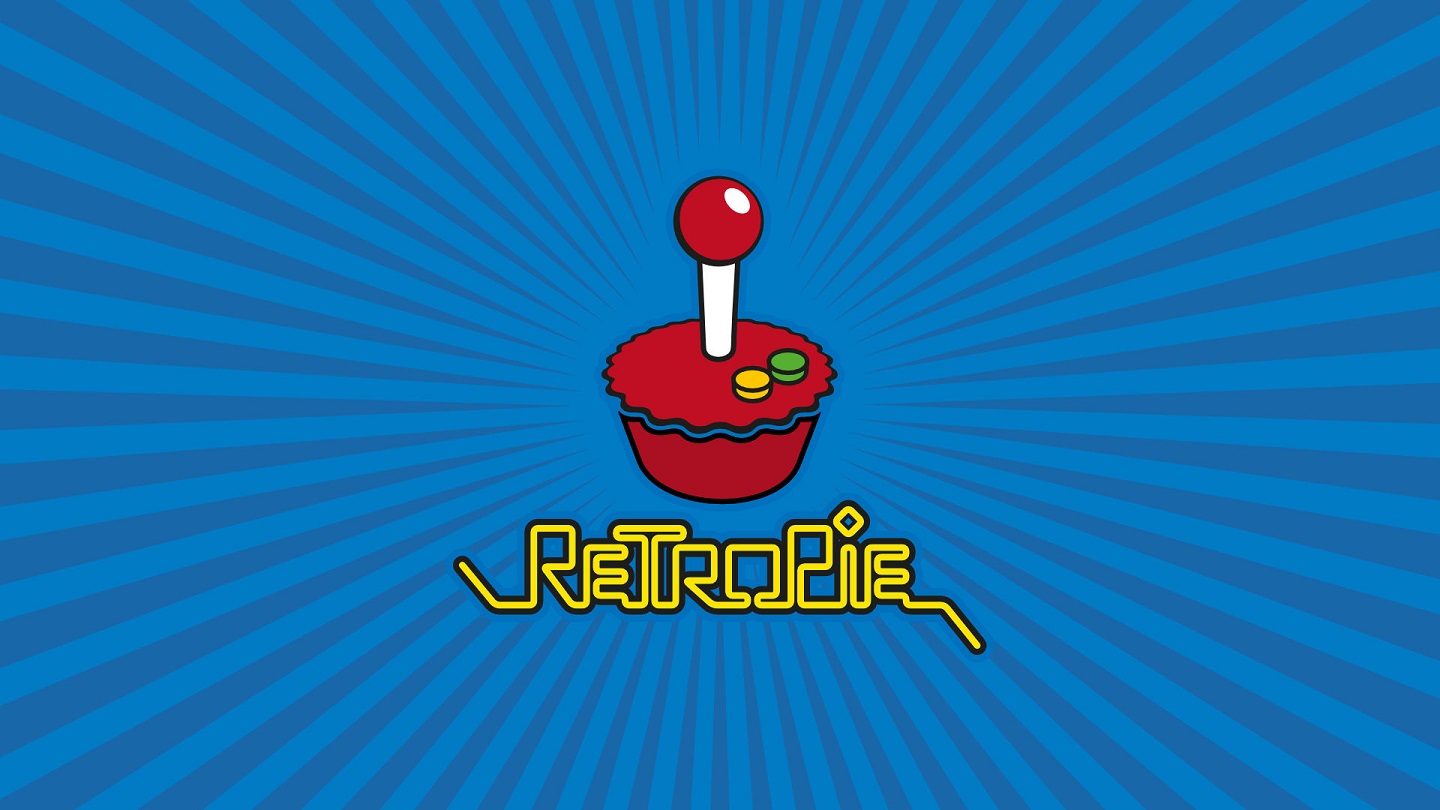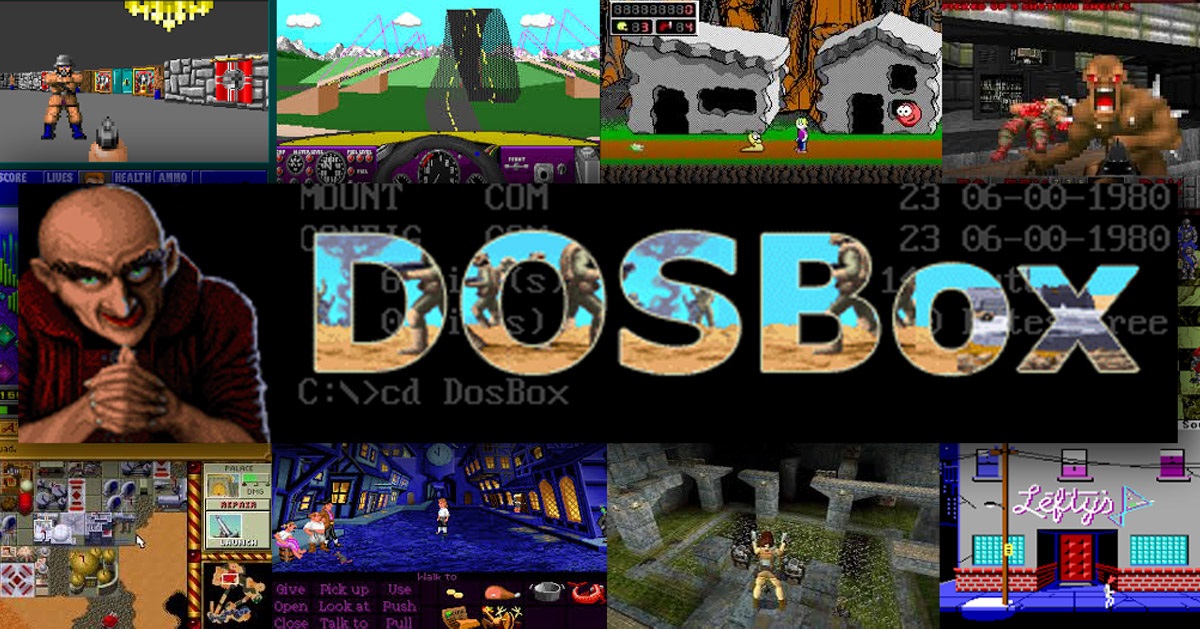We've probably all revisited an old game from our past at one point or another, to reminisce to simpler times, indulge feelings of nostalgia or to share a game that means something to us with our children or loved ones. Remasters are popular for the very same reason, they give us reasons to go back a relive an experience that once gave us joy.
We all have different tastes and experiences and because of that, have played different games over our years - some of these could have been rare or abandoned titles that have no accessible presence in the modern world. How do you justify paying $100 for a classic console and $250 for a cartridge of a rare favourite from your childhood just to feel a certain way?
Digital preservation of video game cartridges of the 80s and 90s was completely mishandled by developers and publishers of the time, and with rapid decay of physical games becoming an issue, we run the risk of some games vanishing from existence in front of us all. Storing data from ROM (read-only memory) chips or discs and using emulation software to play them on more modern hardware is something video game historians and hobbyists have experimented with for years.

ROM downloads and emulation has been a topic of debate since it became popular and has recently resulted in game publisher Nintendo, targeting ROM hosting websites with demands to cease and desist their activity. But many still believe it is their right to preserve, play and distribute ROMs for titles that are no longer distributed and/or long forgotten by the publisher.
I have my fair share of experience in emulation, from Arcade games with MAME on PC to console games with RetroPie on a Raspberry Pi. So the negatives to the activity clearly aren't enough to put me off, but I do see points on both sides, and this article is about giving fair justification to the pros and cons of emulating 'illegally' downloaded ROMs.
Pros
Historical Preservation
As I said in the intro, preserving physical games is becoming a harder task as the years go by, cartridges and discs decay and data contained on them can become corrupted. At least 95% of all video games released in the 80s do not have versions sold by their publisher that can be played using today's technology, despite hundreds of remasters and backward compatibility efforts from publishers and console manufacturers. Emulation puts this enormous task in the hands of the community that grew up playing these games and would prefer they weren't forgotten due to the consequences of time.Stimulates Younger Generations
Some of my favourite games and consoles were released before I was even born. Without emulation many younger generations would never get the opportunity to experience games developed by people like them just a few decades ago. Physical arcades are nearly an entirely extinct concept, however I found some absolute gems playing cabinet classics via MAME as a child. If a kid today gets in to a retro title that releases a reboot next year, that's another potential paying customer.
Emulation Advancements
The technical advancements that have come about through the emulation community is nothing short of beautiful. Publishers and console manufacturers have taken backwards compatibility via emulation very seriously in recent years and it wouldn't be a stretch to say a lot of that was inspired by what the hobbyists have achieved. Even digital game retailers like Valve and GOG use emulation software like DosBox to distribute their products.Strengthened Fanbase
Reliving our favourite games, including community mods and unofficial homebrew sequels, can ignite or reinforce our love for a franchise or series of titles. I played the original Splatterhouse games 20 years after their release and fell in love with them, something I never could or would have done without emulation, and because of this pre-ordered the 2010 Splatterhouse reboot.Modern Features
The emulation community has brought many modern features to retro games, including mapping modern controllers, enhancing graphics/sound, providing save states and even embedding achievements. Even some remasters and officially offered emulation often doesn't offer many of these extras. Games of the 80s have a very small file size so a whole collection of ROMs with modern features playable on a 50 inch screen, is totally achievable on a low budget with very little knowledge.Cons
Technically Illegal
Games who's licenses are still owned by a trading company are technically illegal to download without permission to do so by the rights owner. It's a legal grey area but not one that's free of very serious repercussions. Nintendo in particular are very sensitive over their back-catalogue being played for free, even those that they have no intention of selling on their modern consoles. Because of this they have forced websites that distribute ROMs for Nintendo titles to shut down.
Encourages Piracy
There's a very fine line between emulating classic ROMs you don't own and downloading cracked versions of modern games to play for free. Both involve playing games you didn't buy, the difference is the reasons for which you do so. Often people download ROMs because they can't buy the games, not 'cause they don't want to - the latter is what I tend to label as piracy. However, I do see how the ease of emulating ROMs could lead people to illegally download newer games, which is an activity that arguably hurts the gaming industry.Decreases IP Values
Let's take Sonic for instance, Sonic is owned by Sega and is still a franchise they develop games for and license companies to manufacture throwback consoles for. Sega no longer produce their own consoles so make the majority of their profits through software - if gamers can play 10-15 Sonic games for free via emulation, the value of playing a remake or buying mini Sega consoles can be reduced.Inferior Experience
Emulation is not and never will be perfect. Sound distortion, framerate slowdown, screen tearing and input lag are all common issues with emulation software on modern machines. People looking to relive their childhood might be left disappointed. Some games also simply don't work, not all ROMs are taken directly from the original cartridge and play differently depending on the emulator so can have slight variations in performance.Ruins Nostalgia
Games aren't always as we remember them. Multiple times I've booted up a favourite of mine from my childhood and spent no more than 15 minutes playing it 'cause it was too damn hard! Back then we had more time, more patience and more enthusiasm! Sometimes what you remembered to be a great game, can actually be plain bad or simply not aged well. Sometimes the games we "love" are best left as memories of our past.
What are you thoughts on retro emulation? Is it ethically wrong to do so? Where does preservation end and piracy begin? - Let us know in the comments below!


